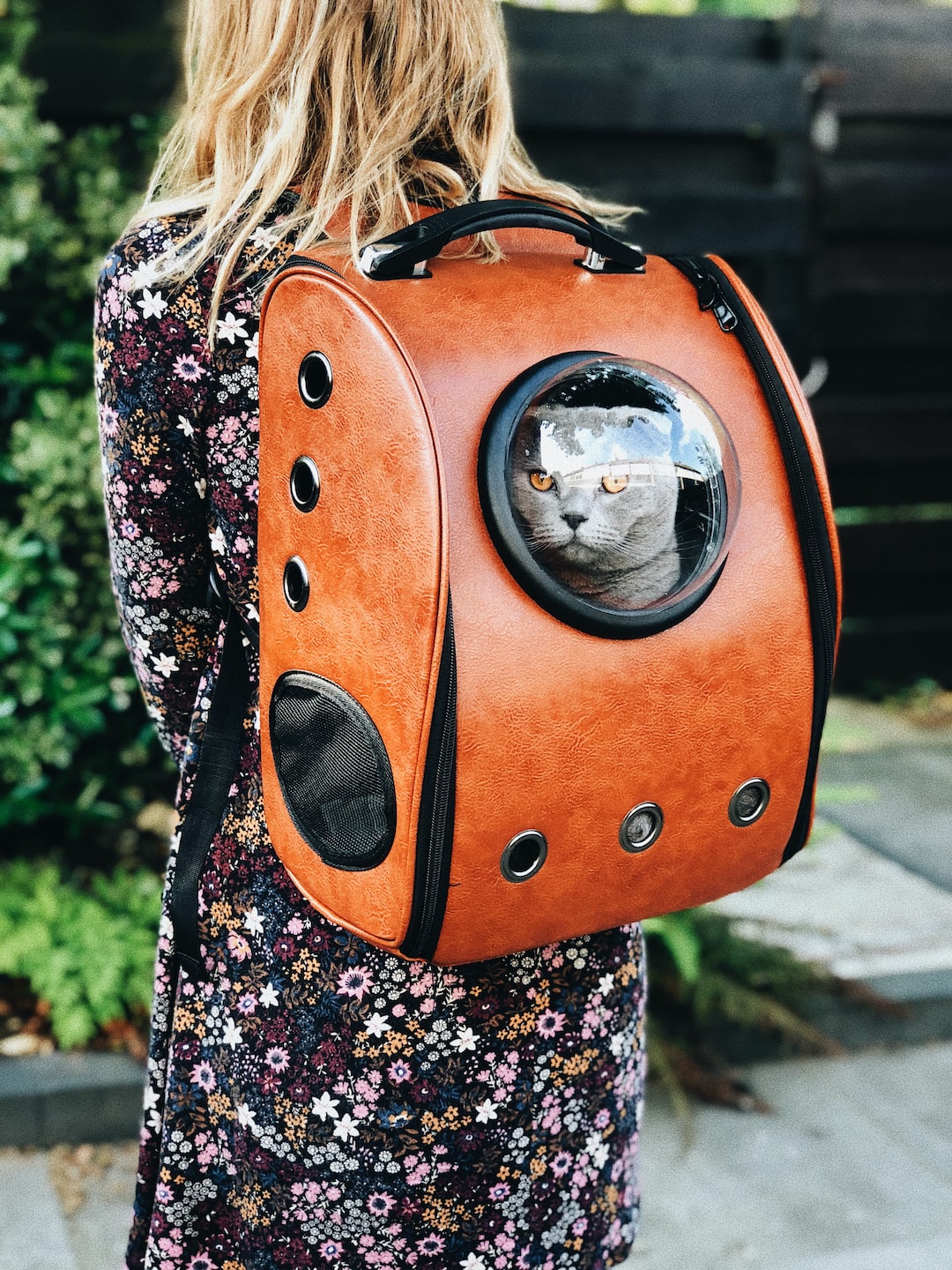
How to Keep Your Indoor Cat Healthy and Happy
Share0How to Keep Your Indoor Cat Healthy and Happy
Cats are independent animals that thrive in a variety of environments. While some people choose to let their cats roam freely outdoors, many cat owners opt to keep their feline friends indoors for safety reasons. Indoor cats are protected from the dangers of traffic, diseases, and predators, but it is essential to ensure they lead a fulfilling and healthy life. Here are some tips on how to keep your indoor cat happy and healthy.
1. Create an enriching environment:
Indoor cats need mental and physical stimulation to prevent boredom and encourage a healthy lifestyle. Invest in scratching posts, climbing trees, and interactive toys to keep your cat engaged. Provide hiding spots and vertical spaces, such as shelves or cat perches, to allow them to explore and observe their surroundings. Additionally, consider setting up a window perch so your cat can view the great outdoors safely.
2. Arrange playtime:
Just like their outdoor counterparts, indoor cats require regular exercise to maintain a healthy weight and promote muscle strength. Schedule daily play sessions using toys that encourage natural hunting behavior, such as wand toys with feathers or small balls to chase. Interactive playtime not only keeps your cat physically active but also strengthens the bond between you and your feline companion.
3. Offer a balanced diet:
A nutritious diet is crucial for a cat’s overall health, whether they are indoor or outdoor pets. Indoor cats tend to have lower activity levels, so it is important to feed them a balanced diet and monitor their calorie intake. Consult with your veterinarian to determine the appropriate amount and type of food for your cat’s age and weight. Remember to provide fresh water at all times and avoid feeding them human foods that may be toxic to cats.
4. Maintain a clean litter box:
Providing a clean and accessible litter box is essential for your indoor cat’s well-being. Cats are naturally clean animals that prefer a litter box that is scooped daily and changed regularly. Place the litter box in a quiet area, away from their food and water bowls, and ensure it is easily accessible for your cat. If you have multiple cats, experts recommend having one litter box per cat, plus an additional one.
5. Regular veterinary check-ups:
Just because your cat stays indoors doesn’t mean they are immune to health issues. Schedule regular veterinary check-ups to ensure your cat remains in good health. Vaccinations, parasite prevention, and dental care are still necessary for indoor cats. Additionally, routine veterinarian visits allow for early detection and treatment of any potential health issues.
6. Deter destructive behavior:
Indoor cats, especially younger ones, may exhibit destructive behavior if they don’t have appropriate outlets for their energy. To deter scratching on furniture, provide your cat with scratching alternatives, such as scratching posts or pads. Additionally, offer plenty of interactive toys to keep them occupied and mentally stimulated. If your cat is prone to chewing, ensure they have safe and appropriate chew toys.
7. Social interaction:
While indoor cats may not have the same socialization opportunities as outdoor cats, providing social interaction is still important for their well-being. Spend quality time with your cat, offering them affection and attention daily. Ensure they have a comfortable, quiet space where they can retreat if they need time alone, but also engage with them through playtime or grooming sessions.
In conclusion, keeping your indoor cat healthy and happy requires conscious effort and dedication. By providing an enriching environment, regular exercise, a nutritious diet, and proper veterinary care, you can give your feline friend the best possible life indoors. Remember, every cat is unique, so observe your cat’s behavior and preferences to tailor their environment and routine accordingly. Together, you can ensure a long and fulfilling life for your beloved indoor companion.
